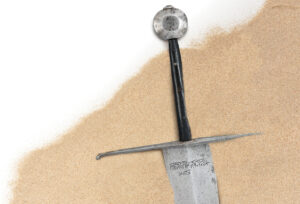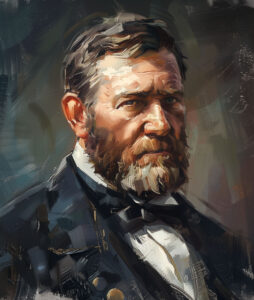- In the late 1700s and the early 1800s, during the presidential elections, did the names of the presidential candidates always appear on the ballots in all the states?
- In which year did the ballots in all the states finally show the names of the presidential candidates?
- If there were some presidential elections early in our history in which the names of the presidential candidates did NOT appear on the ballots in all the states, how are historians now able to state who won the popular vote in those elections?
- In the very early presidential elections, in states in which the presidential electors were selected by the state legislature, did the voters in those states in those elections simply not have an election for president? If they did, what was the point, what was the explanation for doing that (since the electors were selected by the state legislature, and not at all by the voters)?
Thanks for your help.
???
Dear Anonymous,
For your questions, I have deferred to a specialist, in this case an editor in American History magazine:
“There were no popular elections in the early years of the republic and no nationwide system for creating Electoral College ballots. Article II, Section 1 of the Constitution reads: ‘Each State shall appoint, in such Manner as the Legislature thereof may direct, a Number of Electors, equal to the whole Number of Senators and Representatives to which the State may be entitled in the Congress.’
“Each state’s electors met separately and often voted for a favorite son, listing a second choice. The framers of the Constitution surmised that the eventual winner would be everyone’s second choice. Until the election of 1804, there were no political parties, so there was no system of nomination. Prominent men simply threw their names into consideration and counted on friends’ support and political deal-making, as it was considered unseemly for a gentleman to campaign.
“The selection of electors by state legislatures remained common through 1820. In that election, nine out of 24 states chose their electors in the state legislature, while eight used general ticket elections. After 1820. In 1824, 12 of the 24 states used general ticket elections, and only six selected electors in their state legislatures. By 1828, 18 of 24 states used general ticket elections and only two chose electors in the legislature, and by 1832, only South Carolina chose their electors in the legislature, one state had district elections, and the other 22 used general ticket elections. In 1836 all states but South Carolina used general ticket elections. South Carolinians did not vote directly for their electors until after the Civil War.
“In other words, historians have only primary sources including newspapers and letters to gauge which candidate was favored by the people, meaning, of course, white men of property.
“What was the point? The Framers did not trust even the minority of citizens who had suffrage to elect the president. Even today, voters in the presidential election do not have direct control of the outcome.”
Nancy Tappan, Senior Editor, American History
I hope that helps. For further information, though, I believe more details can be found below:
http://uselectionatlas.org/INFORMATION/INFORMATION/electcollege_history.php
Sincerely,

Jon Guttman
Research Director
World History
www.historynet.com
More Questions at Ask Mr. History
Don’t miss the next Ask Mr. History question! To receive notification whenever any new item is published on HistoryNet, just scroll down the column on the right and sign up for our RSS feed.




